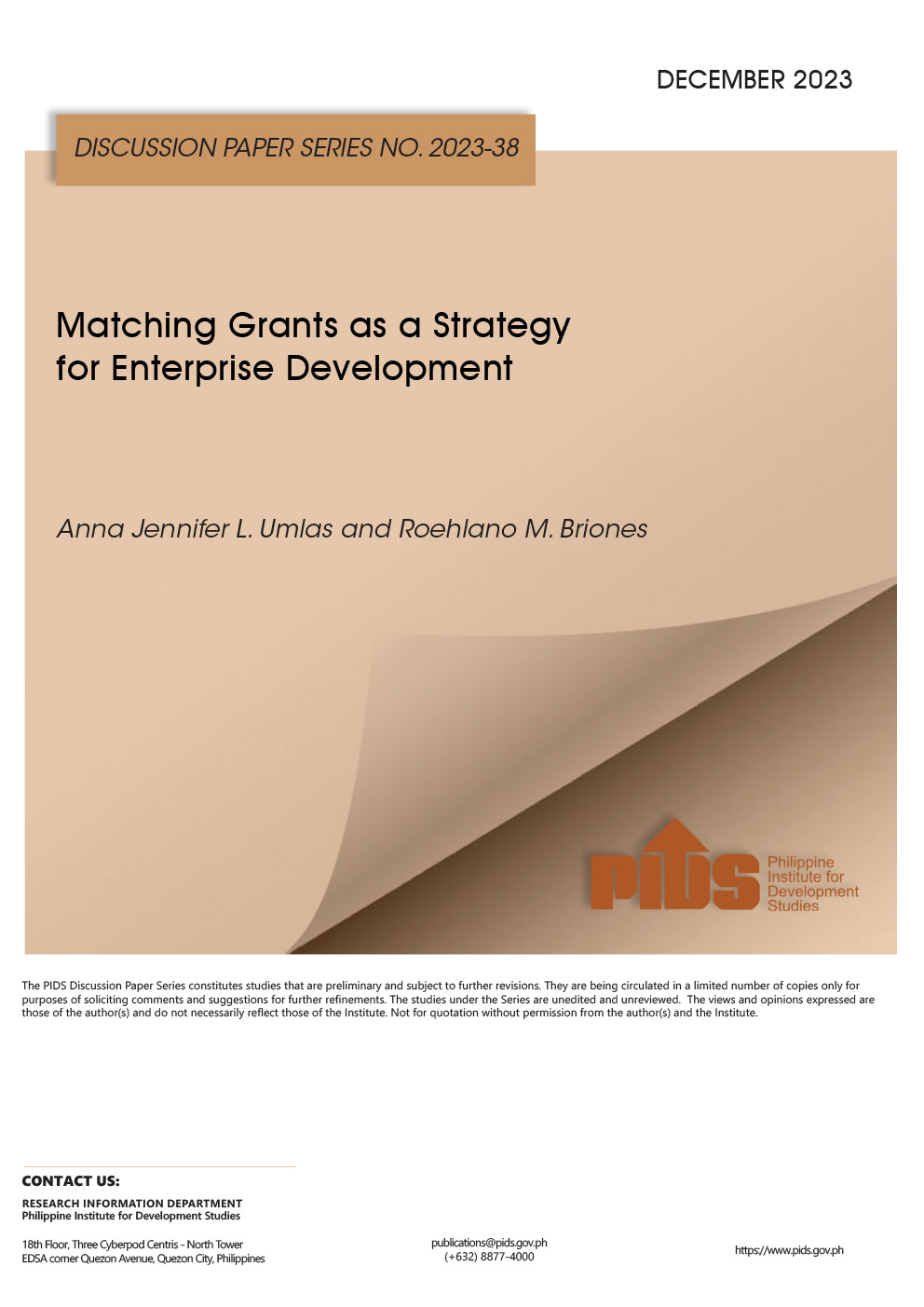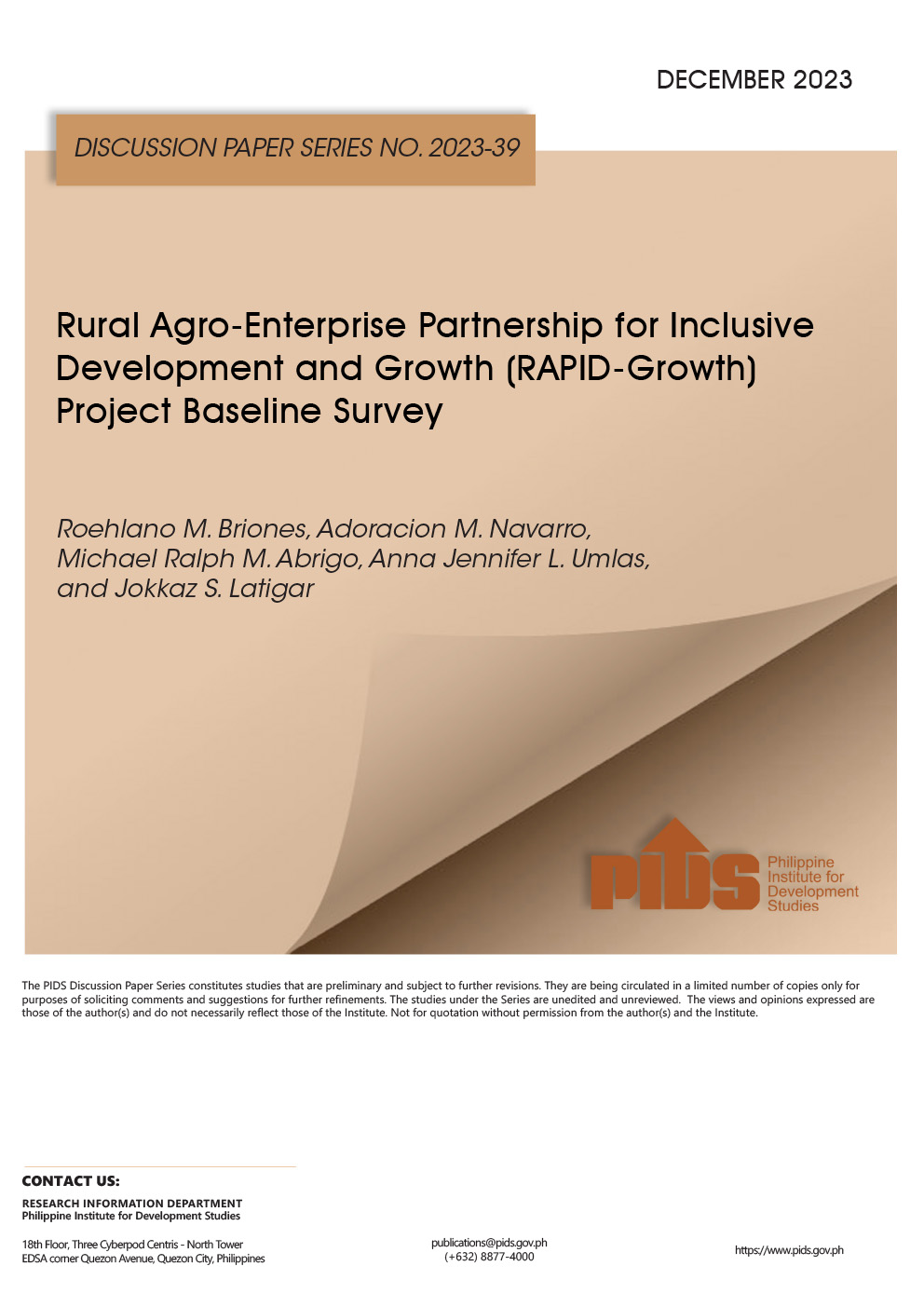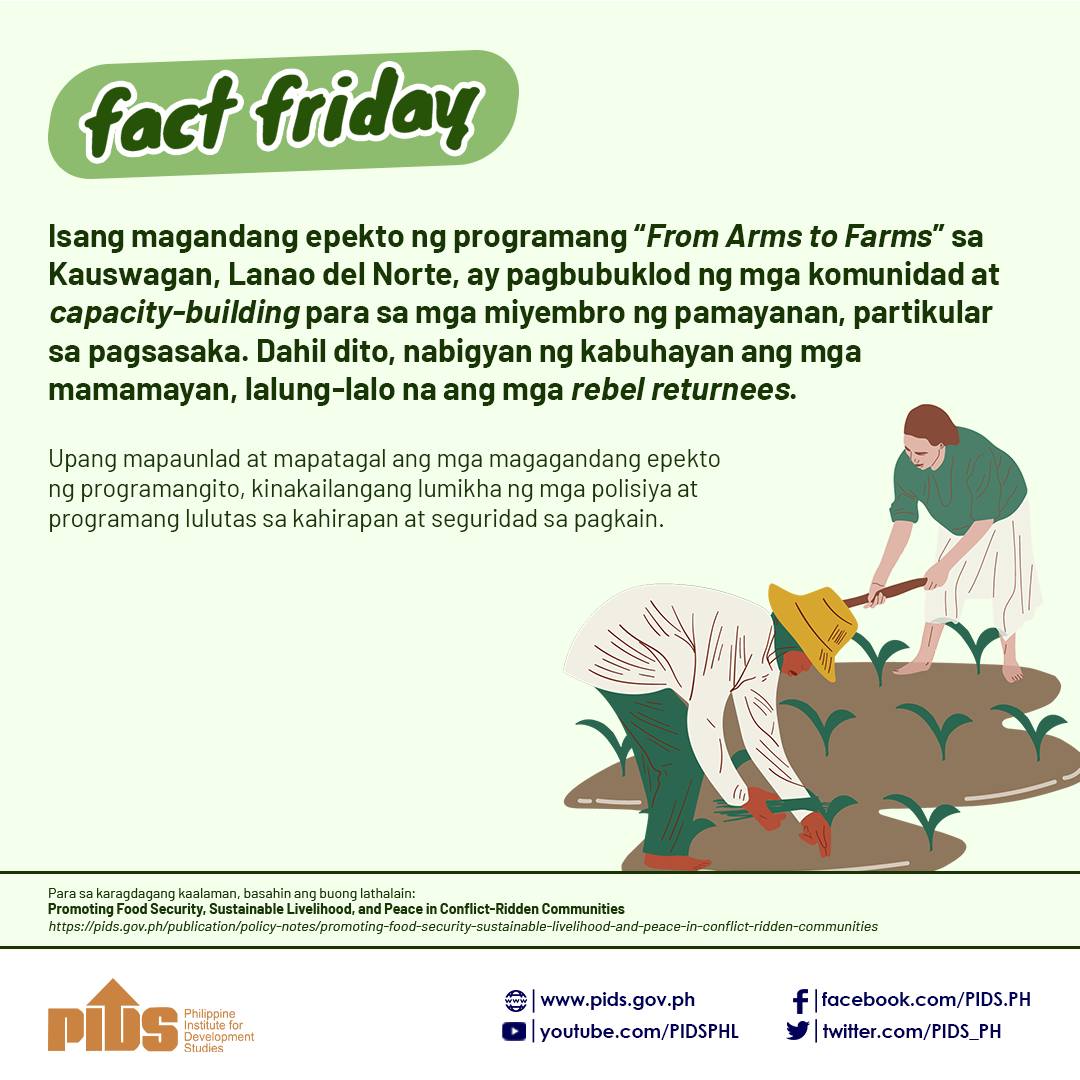RODRIGUEZ, Rizal – It takes a three-hour bumpy ride from Cubao, Quezon City to Sitio Kabuhuan, Barangay Puray in Rodriguez (Montalban), Rizal, where some 2,000 families of the Agta-Dumagat-Remontados tribe live. The rivers cutting through fields and forests along the way paint a picturesque scene.
Their tribe has been living in the area for as long as their collective memory would recall, along with the other communities belonging to the Agta-Dumagat-Remontados tribe of the 540-kilometer Sierra Madre Mountain range, stretching from the provinces of Cagayan to Quezon.
Behind the seemingly beautiful facade of a paradise, however, are extractive industries that threaten the lives and livelihoods of the indigenous peoples, particularly their access to food.
“They are destroying the environment, leaving us without a roof over our heads. We are surrounded by private lands now and we are left with only a small parcel of land,” lamented Ariel Cruz, 22, a Grade 9 student of Puray National High School and a Dumagat, born and raised in Puray village.
Some of the quarrying companies operating in Rodriguez, Rizal are Solid Integrated Co. Incorporated, Montalban Millex Aggregates Corporation, Majestic Earth Core Ventures, Incorporated, and Tokwing Primerock Montalban Plant.
The dire situation of agriculture has contributed to the seeming disinterest of the young in recognizing the value of land and in embracing the way of the dirt, leaving farming to the older population.
Tribal leader Ricardo Vertudez, 74, whom they call “Apo Rapu”, lamented that young members of the tribe are increasingly less interested in farming and are searching for opportunities beyond agriculture, in hopes of adapting to the current times.
This situation is consistent with an earlier study by the Southeast Asian Regional Center for Graduate Study and Research in Agriculture, a non-profit organization, dubbed “Aging farmers could add to food insecurity,” which revealed that the average age of Filipino farmers is more than 55 to 59 years old.
“Out of 10, only five are engaged in farming in our community. It is usually just the older ones or those who want to farm, ”Cruz said in Filipino.
Data from the Philippine Institute for Development Studies show that food producers in the country are declining due to population growth, diminishing farm size, and declining income in agriculture.
This was also affirmed by data from the Philippine Statistics Authority, which showed that the number of agricultural workers decreased by 197,000, that is from 9.42 million in 2021 to 9.22 million in 2022.
Its effect, as articulated by former Samar Rep. Edgar Sarmiento, is that “The country will definitely plunge into a severe food crisis within 20 years. We should reverse this pattern before it is too late.”
In the case of the Dumagats, losing their means of food production also means losing their whole identity as they are known to be independent food producers for the thousand of years that they have been farming, hunting, and fishing.
Travails of a young Dumagat
Cruz is one of the few remaining young food producers in their area. Other young Dumagats have chosen to engage instead in ride-hailing, tour guiding, or sometimes, even illegal work like participating in illegal quarrying activities or charcoal production as a source of income.
His formal education was delayed by seven years for several reasons. Initially, he has a disability that makes it difficult for him to walk. Because his family is poor, they could not afford to bring him to the doctor to have his condition diagnosed and treated. His parents were resigned that he is crippled for life.
Cruz, however, eventually managed to walk and so, he started to attend classes. He was determined to finish his studies, balancing school work with household and farm work.
To minimize his school expenses, he studied under a modular learning scheme and only went to their school every Friday. He would walk about two kilometers, traversing two rivers and the mountain’s muddy and rough terrain.
Every morning, Cruz gets water from a nearby river which he uses for their family’s vegetable patch. He plucks unhealthy leaves so that it would produce higher yields. He also feeds their hogs with leftover food.
“We plant and sell our vegetables to cover our daily expenses,” he said.
In the afternoon, Cruz helps his mother cook. He also helps catch fish from the nearby river. He gathers wood for their makeshift cooking stove. On other days, he does the laundry.
After finishing his chores, he studies his modules. He uses a flashlight to read at night. He also needs to walk to a relative’s house to surf the internet because he does not have a laptop or a mobile phone.
While Cruz has a municipal scholarship to help finance his education, he saves it for college in a bid to find a high-paying job in the lowlands and help buy back their areas in Sitio Kabuhuan, which was sold to outsiders, in the hopes of reinvigorating and preserving their culture and identity.
Losing cultural identity
With Cruz still engaged in food production, their family is able to sell their produce and also use some for their own consumption.
While they are known for hunting wild animals and fishes, and gathering fruits and vegetables from nearby areas in the Sierra Madre, they also practice multiple cropping in a 1.5-hectare communal farm.
Through non-government organizations like Masipag, the Dumagats are able to improve their yield, including the use of natural fertilizers from the manure of chickens that they raise, as well as from kitchen scraps and leaves.
In Sitio Kabuhuan alone, there are more than 20 crops being planted, including red chilis, ginger, okra, eggplant, legumes, monggo, cassava, and lime. These crops, however, are threatened by extractive industries like mining and quarrying.
Satellite images show how quarrying sites in San Rafael and San Isidro in Rodriguez expanded around 10 times from 2002 to 2020.
The Global Forest Watch estimates that the municipality lost 27.1 hectares of tree cover in 2021.
The Department of Environment and Natural Resources (DENR) said that mining’s contribution to the Philippine economy is at around 102.3 billion in 2020 and in the first quarter of 2021, at P22.3 billion.
“It makes me cry. Why are they destroying the lands that are meant to be tilled by our tribe? They are destroying our culture,” 12-year-old Elizabeth, Cruz’s niece, said.
Mining and quarrying operations in Rizal province were banned in November 2020. However, mining and quarrying companies were allowed to operate again in February 2021 by the Mines and Geosciences Bureau after lifting Memorandum Order No. 1 (series of 2020), which suspended several quarrying and crushing plants along the Marikina River Basin.
In November 2020, Rizal Governor Rebecca Ynares issued an order stopping mining and quarrying operations and urged the DENR to do the same for large-scale operations in the province.
With less forest cover, the animals that the Dumagats hunt in the mountains of Sierra Madre also decreased as they were either now living deep into the woods or died due to the destruction of their habitat.
The Global Forest Watch estimates that Rodriguez has lost 27.1 hectares of tree cover in 2021.
Lydia Cruz, 67, said that the forest destruction affected their hunting. “We could no longer hunt because the boars have migrated because people have destroyed [the forest]. That is why we could no longer teach our young how to hunt,” she said in Filipino.
The Dumagats have also stopped drinking water from the river, fearing contamination. They get their potable water from wells, instead. Others buy filtered water, an added cost to their already dire living conditions.
They fear that the same might happen to them as their tribesmen in Tanay have suffered a diarrhea outbreak last October 2022, which took the lives of four people and downed more than a hundred.
Lydia expressed concern that future generations of Dumagats may soon no longer identify with their culture due to the destruction of their land and livelihood. Most of them, she said, are no longer engaged in farm production, as they find better pay for other work like ride-hailing services and construction. Worse, there are those turning to illegal coal production and illegal logging to make ends meet, she added.
Also, Kanjet, a tricycle driver and a young Dumagat, said that farming really is not profitable unlike ride-hailing so he chose to do this.
Environmentalists called on the Philippine government to stop extractive industries as the country remains one of the most vulnerable to climate impacts. This is because approximately 20 tropical cyclones pass through the country’s area of responsibility every year.
In 2022, their farmlands were flooded after Typhoon Karding hit the province, a situation exacerbated by the lack, if not the absence, of substantial government assistance.
Bulatlat tried to reach out to the concerned barangay officials twice during their visit and through online channels but to no avail.
Another threat is the titling of their lands by the local government in the 1990s. Some families have since sold their land titles and the current tribe is trying to buy back the land with the help of the international charity organization ‘Unbound.’
Unbound has been helping the Dumagats with their land titling since 2010. According to the organization, their goal is to help the natives, who were slowly pushed into the mountains of northern Philippines, to gain official recognition of their land rights.
Ariel’s family, for instance, has received a loan of P50,000 for the farm that they are currently farming and has been paying back the money bit-by-bit through the sales of their produce.
IPs and the Sierra Madre Mountain Range
For Dumagat leader and BAI Indigenous Women’s Network national Coordinator Kakay Tolentino, the struggle of the Dumagats in Rodriguez, Rizal reflects the situation of indigenous peoples in the Philippines. She said that indigenous peoples’ political, social, and cultural roots are always tied to their ancestral domains which extractive industries destroy.
“If the Sierra Madre is left to be destroyed, this will also mean the end for us. Our means of living as Dumagats will always be tied to the environment, the Sierra Madre,” Tolentino said in an interview.
Known as the “backbone” of Luzon, Sierra Madre is a 1.4 million hectare mountain range that acts as a natural defense against typhoons and storm surges, benefiting not only the province but also the entire Luzon area, and thus losing it means losing not only the area but also the lives of many people, particularly the IPs.
Thus, Tolentino called on the people to stand united against the destruction of the Sierra Madre and the environment itself.
The Dumagats are also leading the calls to preserve the mountain range as they hope that their nine-day march from Quezon to Manila gained understanding and support on the importance of condemning the construction of the Kaliwa Dam for the natives, the environment, and the Filipino people in general.
Meanwhile, Cruz is hoping that his generation of Dumagats can help in getting back their lands from big developers and extractive industries.











